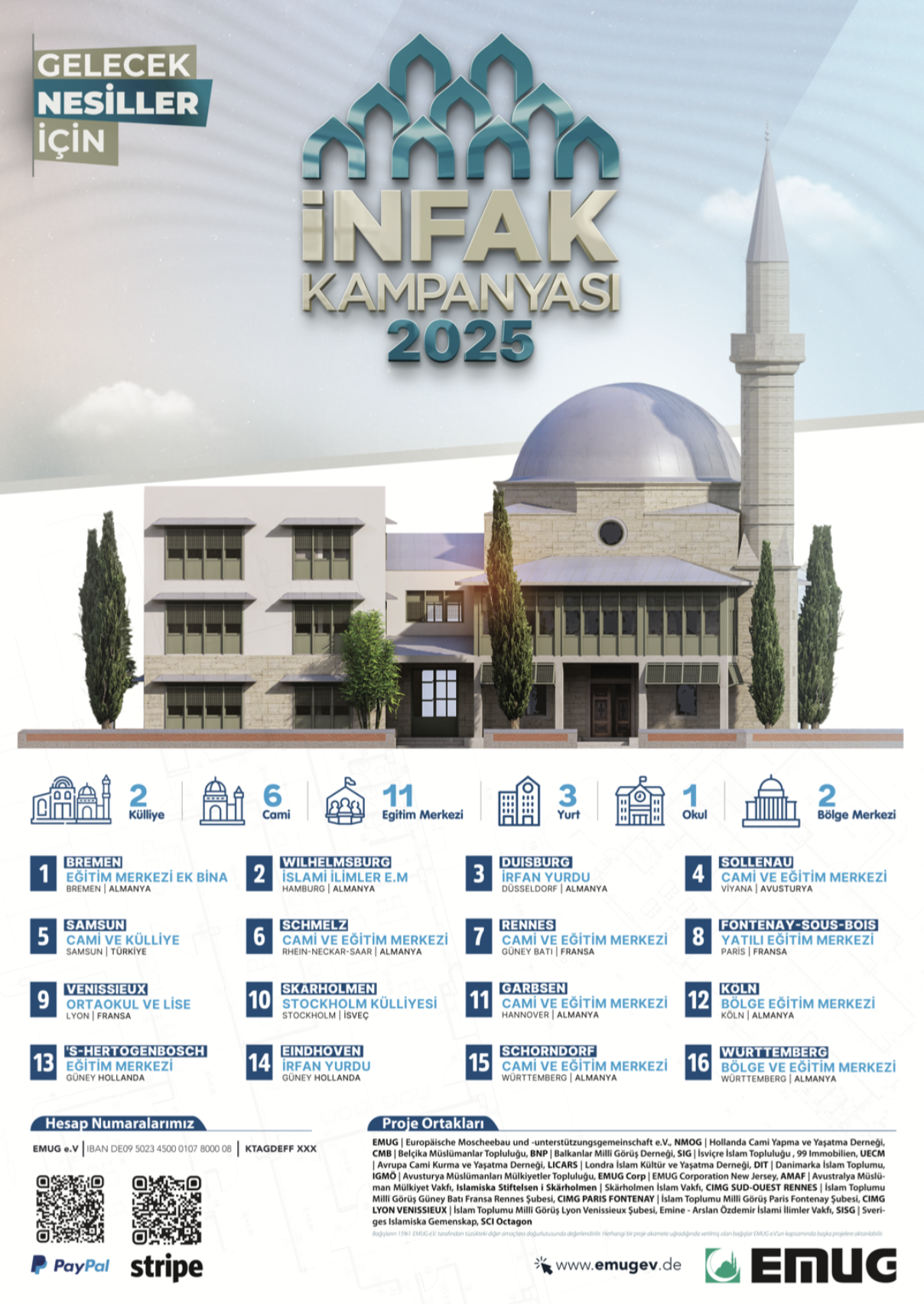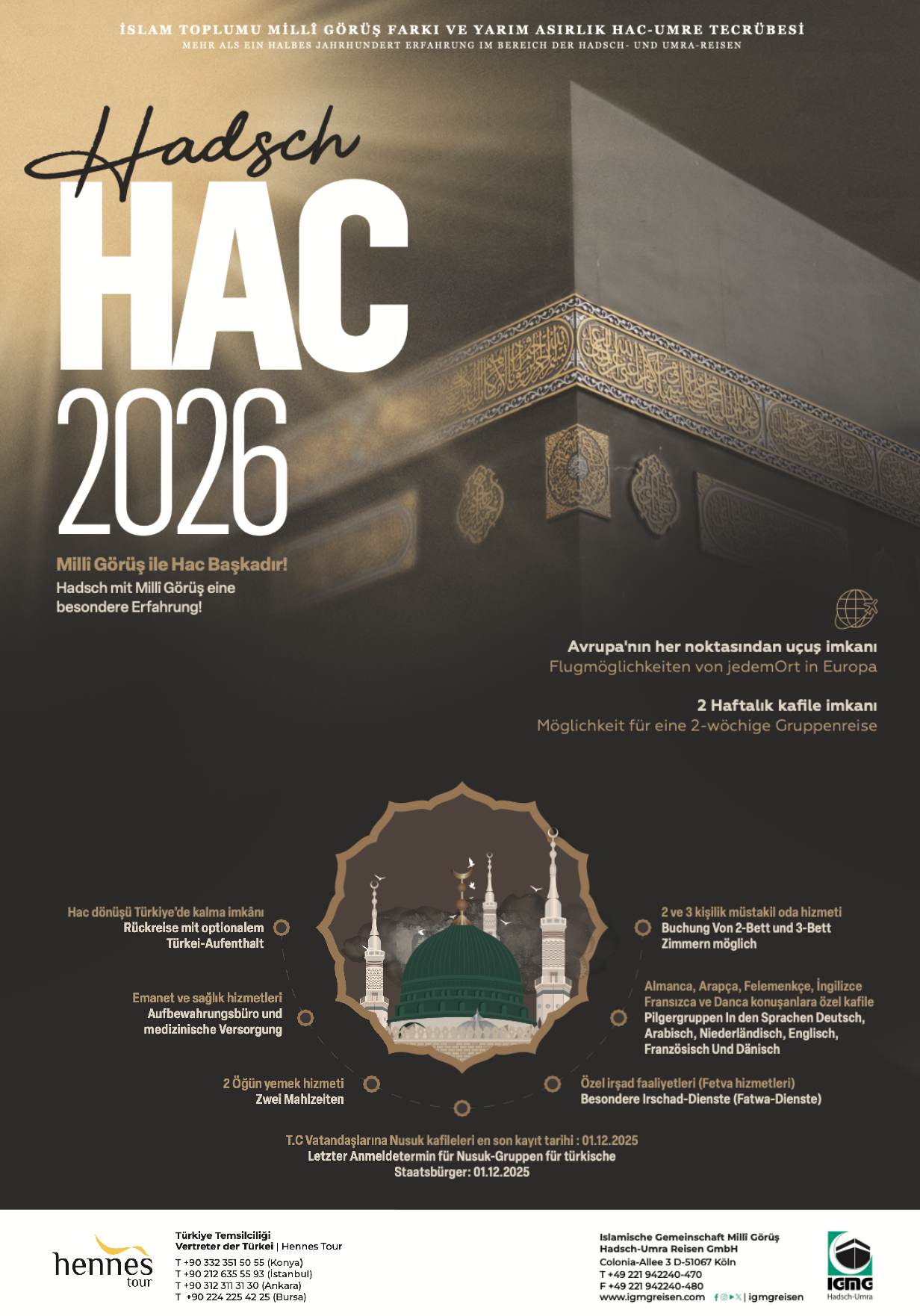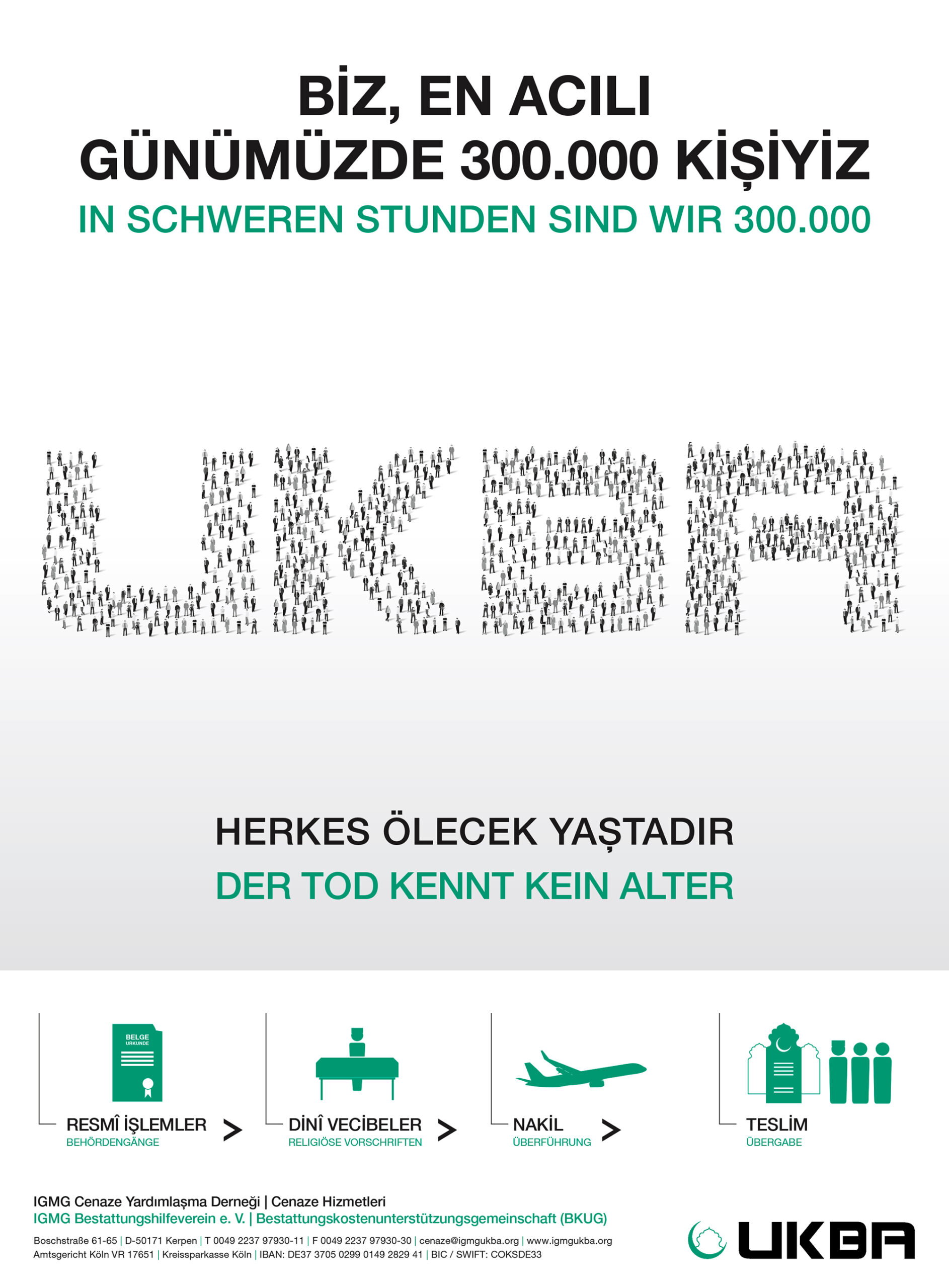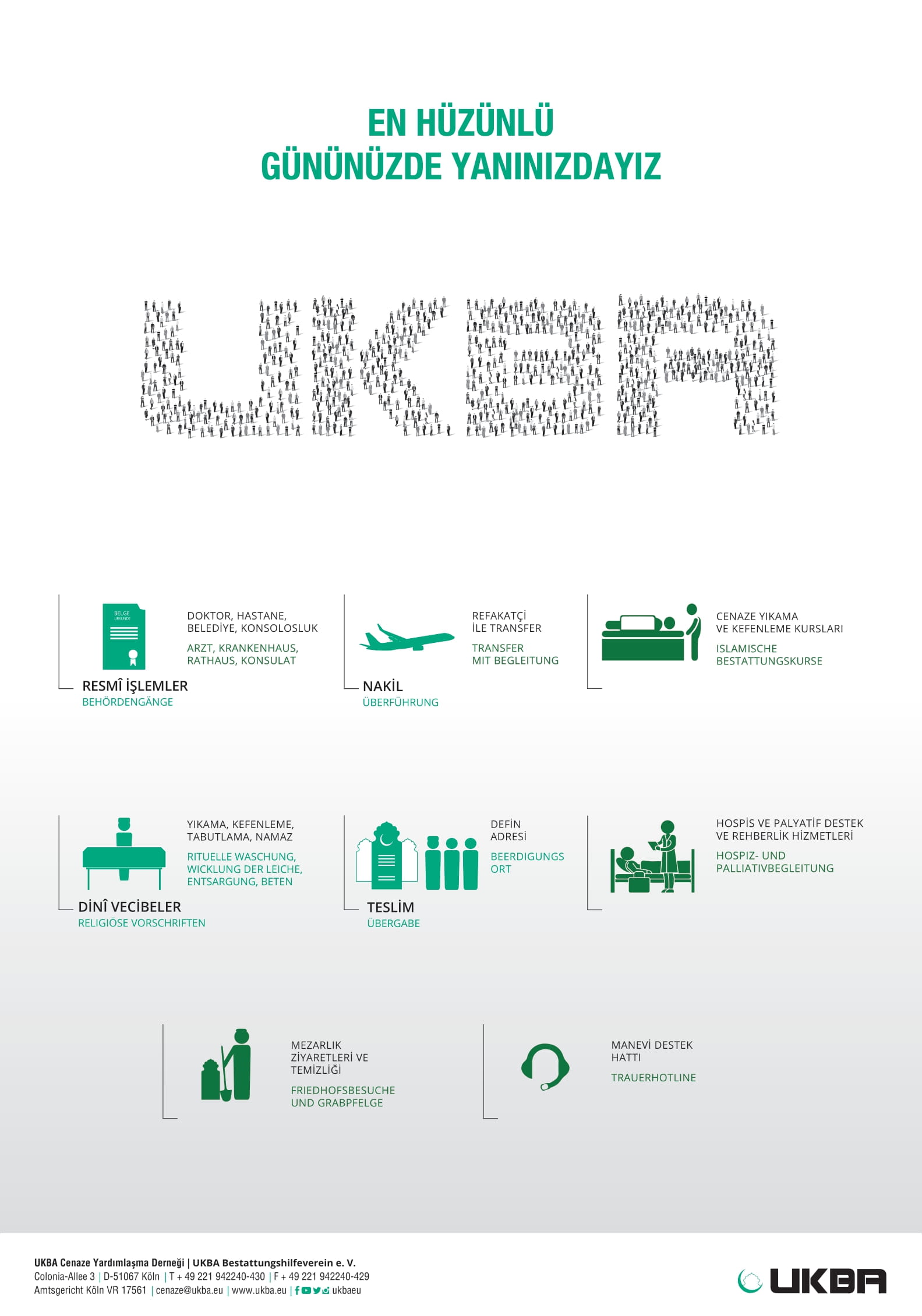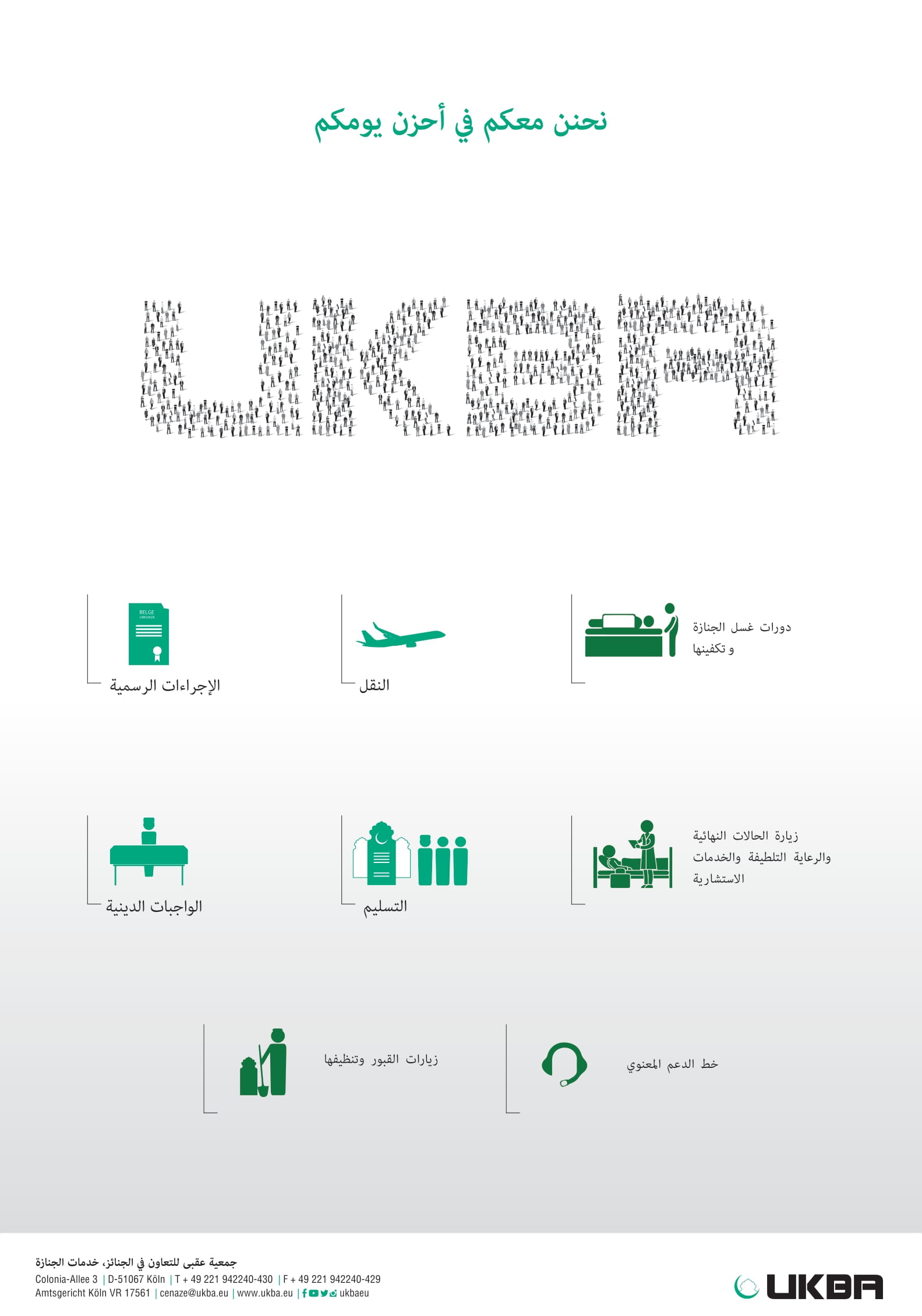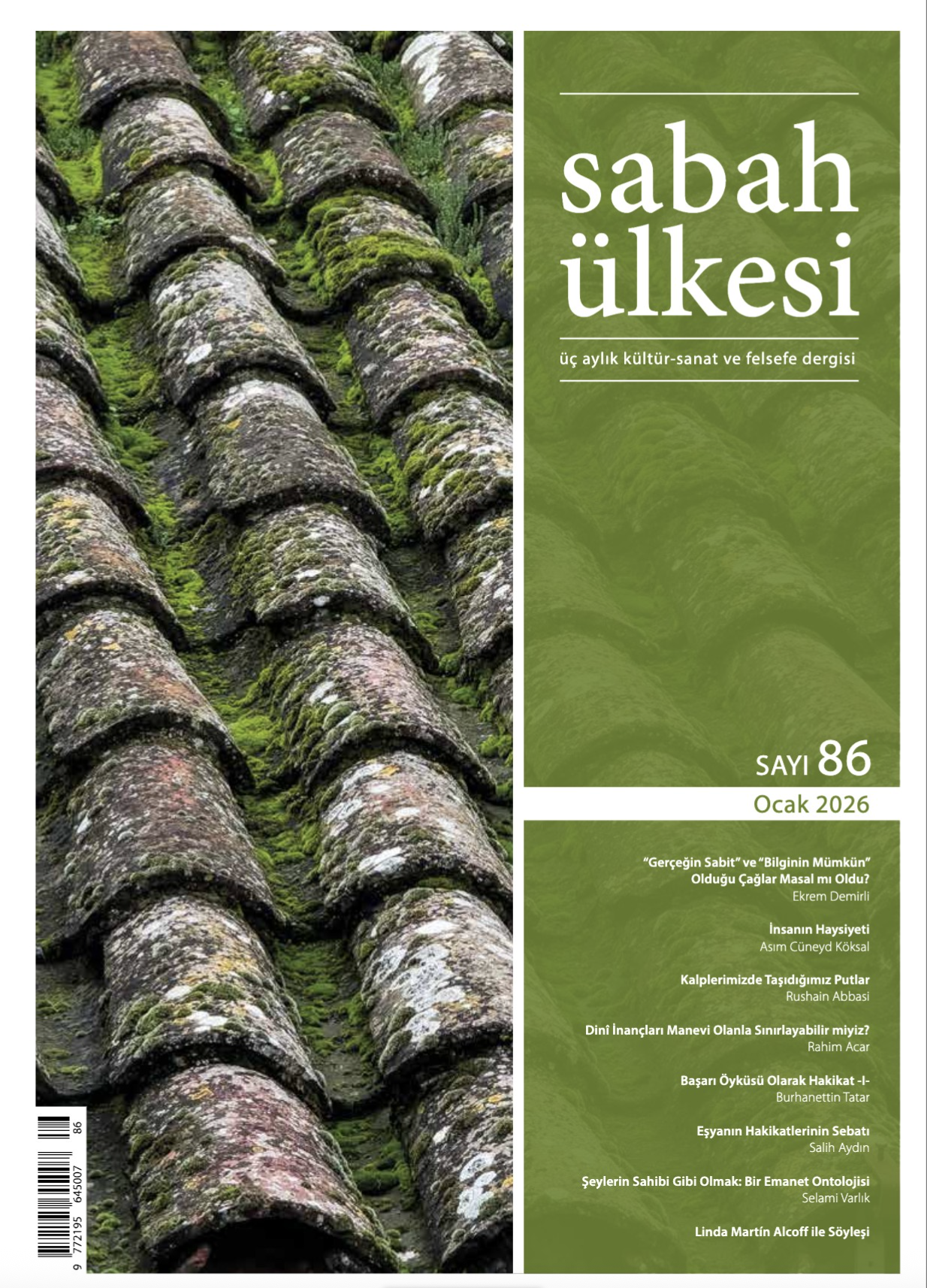Friday Khutba
Îsâr and the Morality of Îsâr: Living for Your Brother
09. October 2025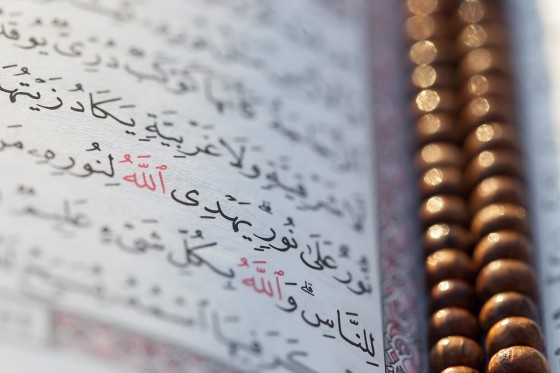
Dear Brothers and Sisters
The word îsâr means “to prefer or prioritise someone else over oneself.” In a moral sense, it refers to a person giving what they have to their brother or sister in Islam, even when they themselves are in need, placing the benefit of others before their own. Îsâr, which represents the highest degree of generosity, is not merely an act of giving; it is a quality that reflects the perfection of faith and brotherhood. The Qur’an praises this noble character, saying: “They give preference to their fellow believers even though they themselves are in need.”[1] The Prophet Muhammad (saw) also made îsâr a measure of faith by saying: “None of you truly believes until he loves for his brother what he loves for himself.”[2]
Dear Brothers and Sisters!
We see the most beautiful examples of îsâr (selflessness) in the life of the Prophet Muhammad (saw) and among his Companions. Whenever the Messenger of Allah (saw) was asked for something, he never said “no.” One brilliant example of îsâr is when he gave away a garment that had been gifted to him, even though he himself needed it. The Ansar opened their homes and shared their wealth with the Muhajirun (the emigrants from Mecca). Sa’d ibn Rabi‘ (ra) offering to split his wealth in half for Abdurrahman ibn Awf (ra) reflects this same spirit within that blessed community. When Abu Talha (ra) and his wife prepared their only meal for a guest and went hungry themselves, a verse was revealed in praise of their deed, showing how precious îsâr is in the sight of Allah. On the battlefield of Yarmouk, three wounded Companions, each desperately in need of water, passed it to the next rather than drinking themselves. In the Battle of Uhud, Abu Talha (ra) shielded the Prophet (saw) with his own body. Abu Bakr (ra) gave away all his wealth, while Umar (ra) donated half of his. All these examples demonstrate that îsâr is not limited to wealth, it also encompasses patience, effort, love and even one’s very life.
Dear Jama’ah!
We live in a time when individualism, greed for consumption and selfishness are increasing. People are becoming lonely, and trust and solidarity in society are weakening. Economic crises, disasters, wars and migrations have left millions of people in need of help. In such a world, the morality of îsâr is a necessity for the revival of humanity. Îsâr purifies hearts from stinginess and greed, encourages sharing and strengthens brotherhood. It reinforces peace in the family, solidarity in the neighborhood, trust in society, awareness in the ummah and mutual respect in humanity.
Dear Brothers and Sisters!
What falls upon us is to bring this beautiful and exemplary morality of îsâr into our daily lives. Setting aside a portion of our income for those in need, taking a plate of food from our table to our neighbour and supporting services that count as sadaqah jariyah (ongoing charity) are examples of îsâr. Sharing our time and knowledge, visiting the sick, helping the elderly and participating in volunteer work are different forms of îsâr. Sharing our experiences with the youth and dividing opportunities with our brothers and sisters reflect the social dimension of îsâr. Giving way in traffic, letting someone go ahead in a queue and being mindful of a colleague’s rights at work are small but valuable daily acts of îsâr.
Dear Jama’ah!
Îsâr is a praiseworthy and honourable quality that ensures the perfection of faith, the strength of brotherhood and the peace of society. Preferring others over oneself in wealth, time, knowledge and heart is a virtue that earns the pleasure of Allah. The Prophet (saw) said, “The best of people are those who are most beneficial to others.”[3] If a person can feel pain, they are alive; but if they can feel the pain of others, they are truly human. The activists of the Global Sumud Flotilla also did not remain silent in the face of oppression against others. They did not say, “Don’t worry about it, just move on,” but instead cared deeply and were willing to pay the price for it, becoming living examples of the morality of îsâr “with their very lives.” Let us build bridges of îsâr within our families, our communities and our society. Let us remember that in our cause, no one lives only for themselves, everyone lives also for their brother or sister. This is the simplest and most effective way to eliminate selfishness, greed and indifference. May Allah (swt) grant us the ability to attain goodness by giving from what we love.[4] May He adorn us with the morality of îsâr. Ameen.
[1] Surah Al-Hashr, 59:9
[2] Tirmizî, Sıfatü’l-Kıyâme, 59
[3] Buhârî, Mağâzî, 35
[4] Surah Âl-i İmrân, 3:92
Khutba – English
Khutba – Turkish
Khutba – German
Khutba – Arabic
Khutba – French
Khutba – Dutch






